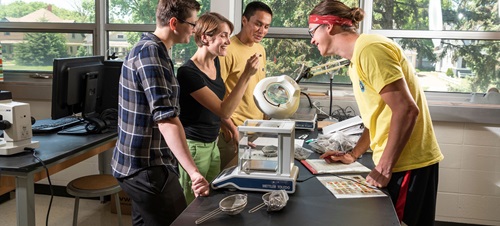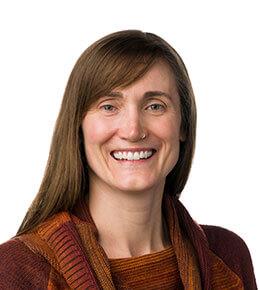Build Your Network
USD is home to more than 170 student organizations, including several that are housed in the Department of Sustainability & Environment. You may be interested in creating projects and hosting outreach opportunities to make friends, developing new skills and exploring your interests.
Alternative Week of Off-Campus Learning
Sustainability graduate students can apply to help lead service learning trips related to sustainability. For more information, find AWOL on USD Campus Groups.
Environmental Club
The Environmental Club is for students who are interested in creating and increasing social, economic and environmental sustainability. The club is open to students from all disciplines and works with USD and the wider Vermillion community to create projects and hold outreach opportunities to educate the public about what it means to live sustainably.
Graduate & Professional Student Association (GPSA)
Join your fellow graduate and professional students at USD. We aim to build a sense of community between graduate and professional students. Build your resume, network with others and gain experience and the unique opportunity to represent the interests of graduate students to the greater campus and community.
Join Now









































